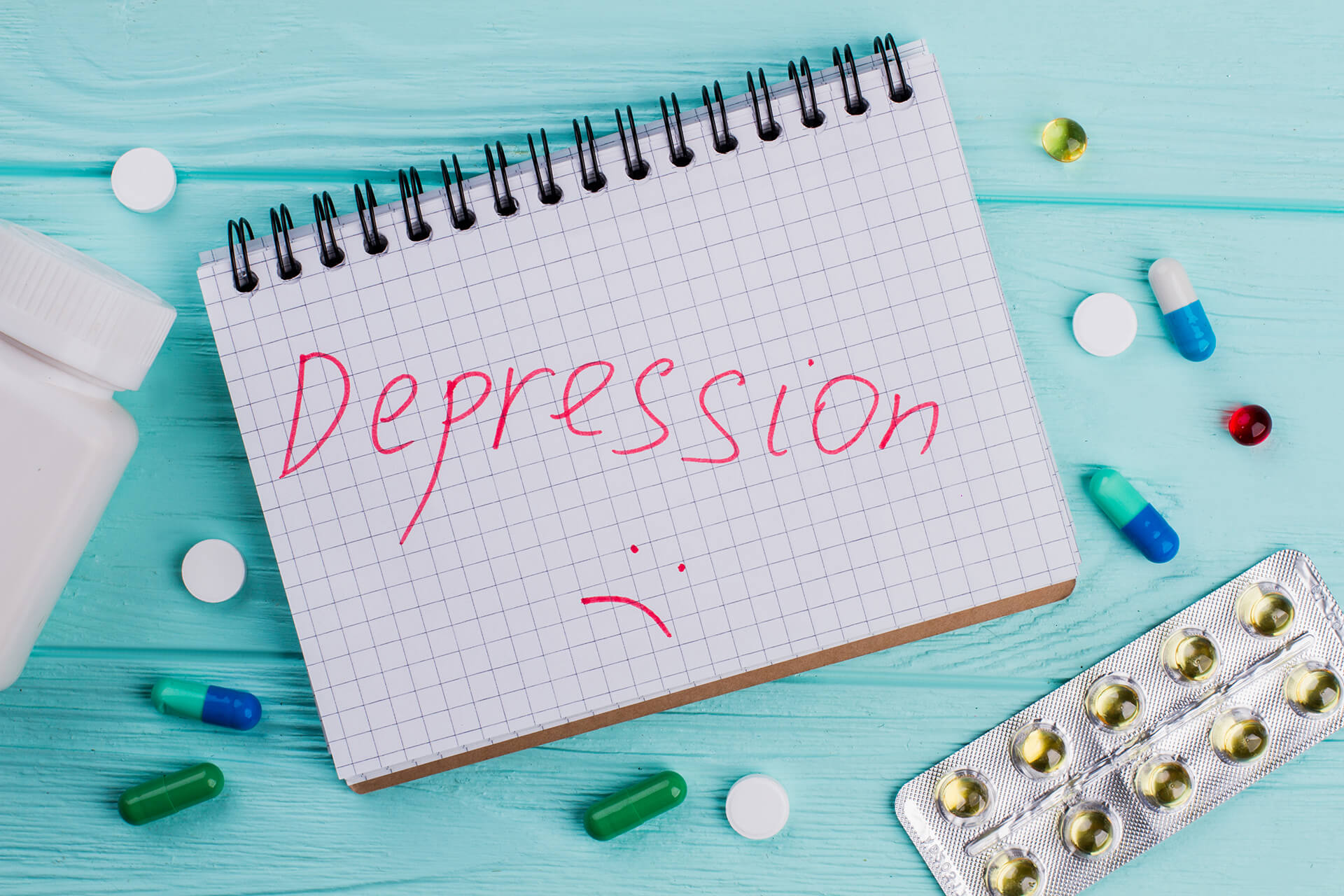
Effective Depression Treatment through Behavioral Counseling
Depression is a complex and pervasive mental health condition affecting millions worldwide. Its debilitating symptoms, including persistent sadness, loss of interest, appetite changes, and hopelessness, can have a profound impact. However, depression is treatable, and one of the effective approaches is behavioral counseling, provided by Marcy Thompson at Clear Mind Behavioral.
Understanding Depression
Depression, often referred to as major depressive disorder (MDD), is a mental health condition characterized by a prolonged period of sadness, low energy, and a loss of interest or pleasure in daily activities. It can affect anyone, regardless of age, gender, or background. Depression can be triggered by a combination of genetic, biological, environmental, and psychological factors.
Key Symptoms of Depression:
Persistent Sadness
A pervasive feeling of sadness or emptiness that persists for weeks or months.
Loss of Interest
A lack of interest in activities or hobbies that were once enjoyable.
Changes in Appetite
Significant changes in appetite, leading to weight gain or loss.
Sleep Disturbances
Insomnia or excessive sleep.
Fatigue
Constant fatigue or loss of energy.
Feelings of Worthlessness
Low self-esteem and feelings of guilt or worthlessness.
Difficulty Concentrating
Inability to concentrate or make decisions.
Suicidal Thoughts
Thoughts of self-harm or suicide.

It is important to note that depression varies in severity and can manifest differently in each individual. Some may experience mild depressive episodes, while others may endure severe and long-lasting forms of the condition.
Traditional Treatment Approaches
The treatment of depression often involves a combination of therapies and approaches tailored to the individual’s unique needs. Traditional treatment methods include:
Medication
Antidepressant medications, such as selective serotonin reuptake inhibitors (SSRIs) and serotonin-norepinephrine reuptake inhibitors (SNRIs), can help regulate mood and alleviate symptoms.
Psychotherapy
Talk therapy, such as cognitive-behavioral therapy (CBT), dialectical behavior therapy (DBT), and interpersonal therapy (IPT), provides individuals with coping strategies and helps them understand and manage their emotions.
Lifestyle Changes
Incorporating regular exercise, maintaining a balanced diet, getting adequate sleep, and reducing stress through relaxation techniques can complement other treatments.
While these approaches have proven effective for many individuals, behavioral counseling offers a unique and valuable perspective on managing depression.

Behavioral Counseling for Depression Treatment
Behavioral counseling, provided by Marcy Thompson at Clear Mind Behavioral, identifies and modifies maladaptive behaviors and thought patterns, focusing on the behavioral and cognitive aspects of depression.
Identifying Negative Thought Patterns
One of the central principles of behavioral counseling is recognizing and challenging negative thought patterns. Individuals with depression often engage in cognitive distortions, such as all-or-nothing thinking, catastrophizing, and self-blame. Behavioral counselors work with clients to identify these distorted thoughts and replace them with healthier, more realistic alternatives.
Setting Achievable Goals
Depression can leave individuals feeling overwhelmed and paralyzed by their symptoms. Behavioral counseling helps clients set small, achievable goals that can boost their self-esteem and motivation. These goals can encompass various aspects of life, from daily routines to interpersonal relationships.
Behavioral Activation
Behavioral counselors employ a technique known as behavioral activation, which encourages clients to engage in activities they once enjoyed or explore new interests. By gradually reintroducing enjoyable activities into their lives, individuals with depression can experience a sense of accomplishment and pleasure, counteracting their symptoms of low mood.
Social Skills Training
Depression often leads to social isolation and strained relationships. Behavioral counseling provides clients with the skills needed to improve their social interactions and communication. Building healthy connections with others can be a crucial aspect of recovery.
Stress Management
Learning effective stress management techniques is another important component of behavioral counseling. By teaching clients how to cope with stressors in healthier ways, counselors help prevent relapse and equip individuals with valuable tools for long-term well-being.
Mindfulness and Relaxation Techniques
Behavioral counseling often incorporates mindfulness and relaxation exercises to help clients stay grounded in the present moment and manage anxiety and stress.
The Role of Behavioral Counseling in Depression Recovery
Behavioral counseling plays a pivotal role in depression treatment by addressing the root causes of the condition and providing practical tools for managing symptoms. Here are some key benefits of this therapy:
Optimizing Depression Treatment through Behavioral Counseling
To optimize the effectiveness of depression treatment through behavioral counseling, it’s essential to consider the following factors:
Conclusion
Depression is treatable, and behavioral counseling by Marcy Thompson at Clear Mind Behavioral provides a powerful tool for managing symptoms and regaining control over one’s life. It empowers individuals to rediscover joy, purpose, and hope, making a transformative difference. If you or someone you know is struggling with depression, seeking help from a qualified therapist specializing in behavioral counseling can lead to a brighter, more fulfilling future. Depression treatment through behavioral counseling is about more than symptom management; it’s about rediscovering hope and purpose in life.

